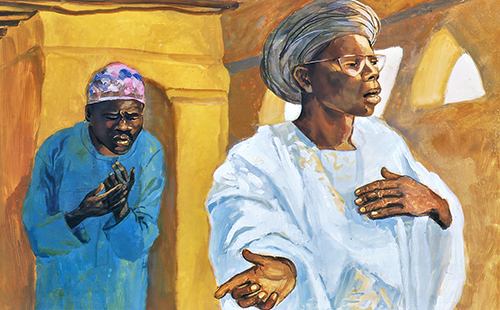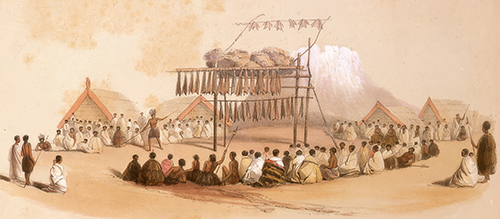
Carlo Carretto (1910 -1988) was a charismatic figure in post-World War II Italy, the leader of the Italian youth movement known as Catholic Action.
He led the movement for 20 years.
In 1954, Carlo resigned from his position and joined the recently founded Little Brothers of Jesus, a Roman Catholic religious congregation founded in 1933 by René Voillaume, inspired by the life of Charles de Foucauld.
For many years, Carretto lived as a hermit in the Sahara Desert, translated the scriptures into the Tuareg language, and from the solitude of the desert wrote some extraordinary spiritual books. His writings and his faith were exceptional in that they had a rare capacity to combine an almost childlike piety with (when needed) a blistering iconoclasm. He loved the church deeply, but he wasn’t blind to its faults and failures, and he wasn’t afraid to point out the shortcomings.
In 1964, Carretto published a book with the title “Letters from the Desert.”
Late in life, when his health forced him to leave the desert, he retired to a religious community in his native Italy.
Carretto wrote, quite profoundly, “I am old enough to know I am no better than others.”
Obviously, the Pharisee in our Gospel today (Lk. 18” 9 -14) had not met and had a coffee with Carlo Carretto. Pity!
The image is taken from Vie de Jesus Mafa (Life of Jesus Mafa), ‘The Life of Jesus Mafa’ is a set of 63 pictures from the life and teaching of Jesus, viewed by the artist as if the events had taken place in a village in Cameroon
The set of 63 may be accessed at the Divinity Library, Vanderbilt University, Nashville, Tennessee.



